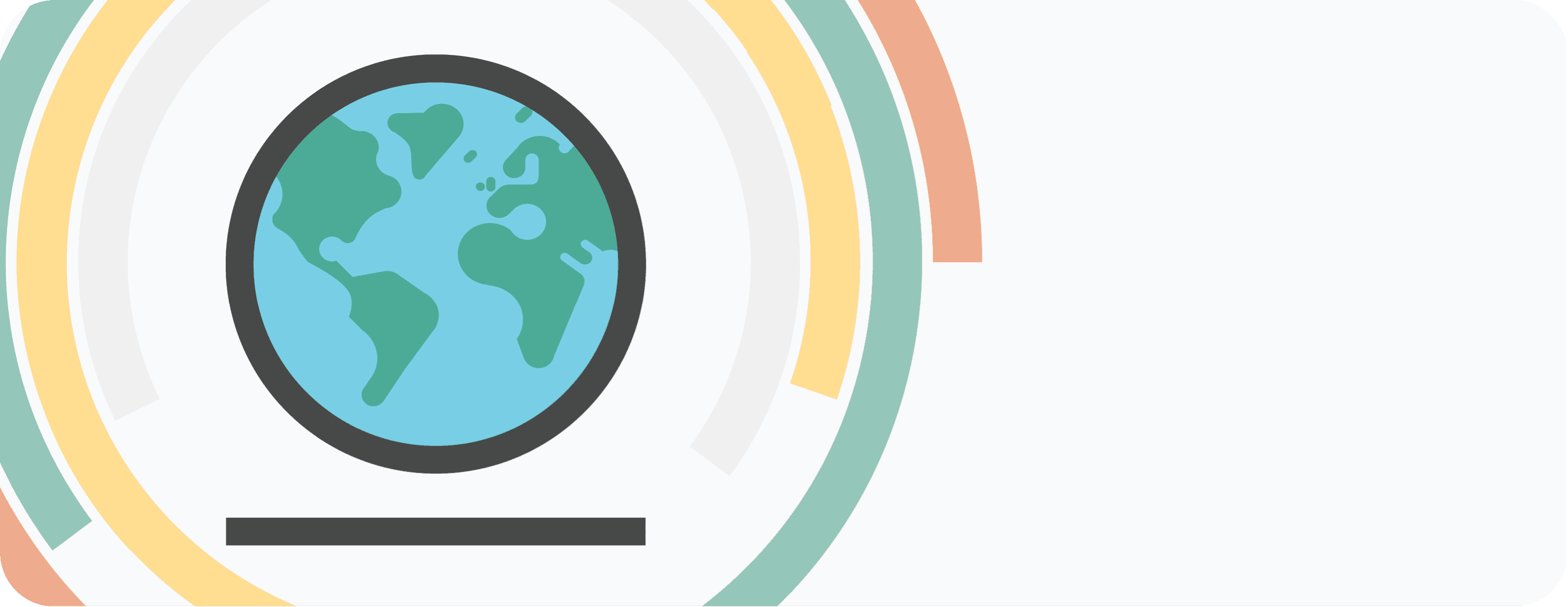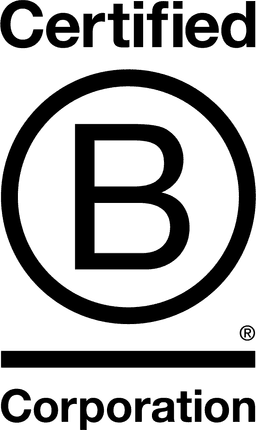

Tabeeze

California, United States
December 2020
Apparel
Wholesale/Retail
Australia,
Canada,
Mexico,
United Kingdom,
United States
Founded by architect and mother Carrie Shaltz Haslup, Tabeeze (pronounced TAB-ease) is a Los Angeles-based company providing parents and their children with innovative, "fuss-free" clothing solutions that adhere to the most stringent sustainable production practices possible. Carrie founded Tabeeze after watching her brother and sister-in-law struggle to dress and undress their newborn daughter for skin-to-skin-feedings. The stress and discomfort of squeezing clothing over her delicate head and twisting her little arms into sleeves seemed like an obvious and unnecessary design flaw. Armed with her Masters in Architecture, a pair of kitchen scissors, and an old t-shirt, Carrie began deconstructing the design of the traditional baby onesie to make it more functional, ergonomic, and comfortable for both parents and their babies. What started as an experiment in 2016 eventually led to her invention of Tabeeze's first product, the Bottom-Up Baby Bodysuit. We intend to lead by example in setting a new standard for responsible and sustainable business practices in the baby clothing industry and are proudly 100% GOTS Certified Organic, a Certified B Corporation, and a 1% For The Planet member.
Overall B Impact Score
Governance 20.5
Governance evaluates a company's overall mission, engagement around its social/environmental impact, ethics, and transparency. This section also evaluates the ability of a company to protect their mission and formally consider stakeholders in decision making through their corporate structure (e.g. benefit corporation) or corporate governing documents.
What is this? A company with an Impact Business Model is intentionally designed to create a specific positive outcome for one of its stakeholders - such as workers, community, environment, or customers.
Community 77.6
Community evaluates a company’s engagement with and impact on the communities in which it operates, hires from, and sources from. Topics include diversity, equity & inclusion, economic impact, civic engagement, charitable giving, and supply chain management. In addition, this section recognizes business models that are designed to address specific community-oriented problems, such as poverty alleviation through fair trade sourcing or distribution via microenterprises, producer cooperative models, locally focused economic development, and formal charitable giving commitments.
What is this? A company with an Impact Business Model is intentionally designed to create a specific positive outcome for one of its stakeholders - such as workers, community, environment, or customers.
Environment 16.4
Environment evaluates a company’s overall environmental management practices as well as its impact on the air, climate, water, land, and biodiversity. This includes the direct impact of a company’s operations and, when applicable its supply chain and distribution channels. This section also recognizes companies with environmentally innovative production processes and those that sell products or services that have a positive environmental impact. Some examples might include products and services that create renewable energy, reduce consumption or waste, conserve land or wildlife, provide less toxic alternatives to the market, or educate people about environmental problems.
What is this? A company with an Impact Business Model is intentionally designed to create a specific positive outcome for one of its stakeholders - such as workers, community, environment, or customers.
Customers 5.0
Customers evaluates a company’s stewardship of its customers through the quality of its products and services, ethical marketing, data privacy and security, and feedback channels. In addition, this section recognizes products or services that are designed to address a particular social problem for or through its customers, such as health or educational products, arts & media products, serving underserved customers/clients, and services that improve the social impact of other businesses or organizations.